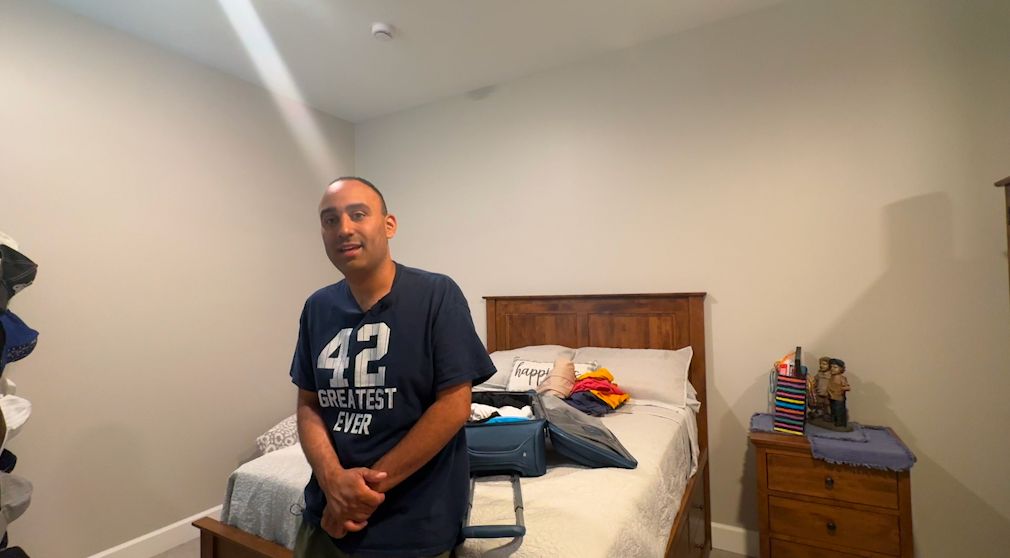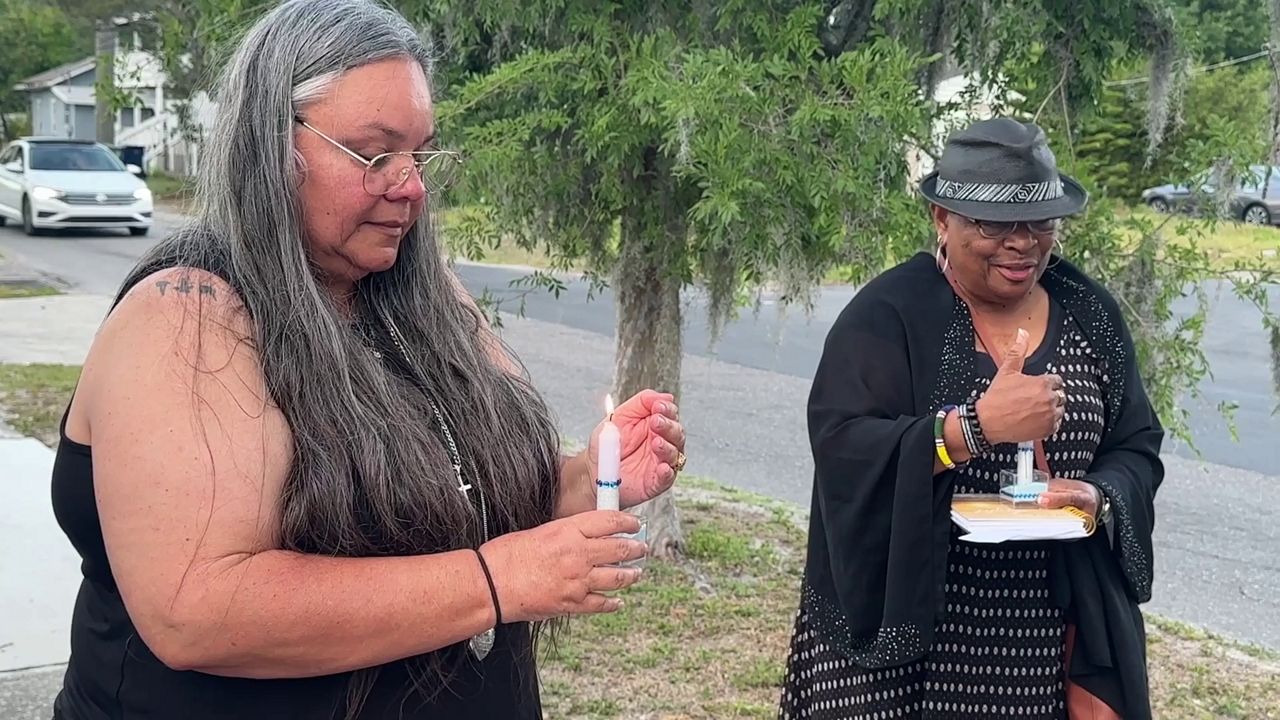TAMPA, Fla. — The diverse communities in Tampa Bay have exposed residents to several dance genres including salsa, hip hop and modern.
During Black History Month, there’s another genre and dance style becoming popular in the Bay area called Kompa.
Caleb Exantus is an instructor who shares how the dance is linking people with its rhythms and its beats.
“One thing I love about Kompa, it’s showing people the history through our music,” said Exantus.
When the Banker is not at his day job, you’ll find him on the dance floor teaching the Haitian Ballroom dance called Kompa.
One of his students is Anji Degante, who is hosting classes at her shop, Accent Styles Boutique to learn the steps and help others reconnect with their own roots.
“I love the music. The fact that you hear the drums reminded me a lot of Africa,” said Degante.
Caleb grew up with the modern Méringue dance music of Haiti that first became popular in the 1950s.
“I was raised in Northwest Haiti and came to America at a young age,” he said. He experienced culture shock after moving to the states and was also singled out for his cultural differences.
“Because I was Haitian, people didn’t like us,” he said. He recalled the experience of feeling like an outsider was hurtful.
But today, he says he understands that sometimes people fear and reject what they don’t know about or haven’t been exposed to.
“I say there are three things that bring people together food, music and sports,” he said.
Caleb has been teaching Kompa for a decade.
He’s hosted classes all over the United States, Africa and Europe.
“Kompa means rhythm and beat,” Caleb said, explaining it’s derived from a Spanish word.
He says Kompa is trending in Tampa Bay because of its growing Haitian community.
The style is also popular around the globe, including France, Guadeloupe and Martinique.
Caleb says that’s why several spellings exist for the dancing, including Konpa or Kompa.
“It depends on where you’re from, the language you speak — you can spell it both ways,” said Exantus. “The ’N’ is originally from Creole, from Haiti and the ‘M’ is from French dialect.”
No matter the origin, Anji says there are more similarities than differences in the Black and African diaspora.
“After the Trans-Atlantic slave trade, each and every single one of us all revert back to being African,” she said. “What better way to celebrate resilience through inclusion, culture, dance and positivity.”
Meanwhile, Caleb wants to leave a positive impression with every dance partner.
“There are things about the Haitian culture that we don’t understand just yet, but through the right exposure, we will show you Haiti.”
He said Kompa is ultimately a rhythm and beat one can only feel with an open mind and heart.










